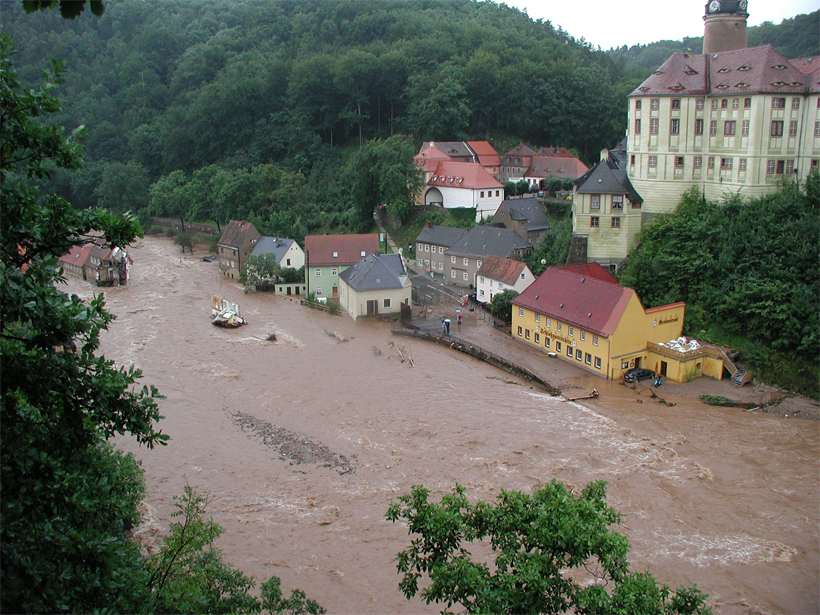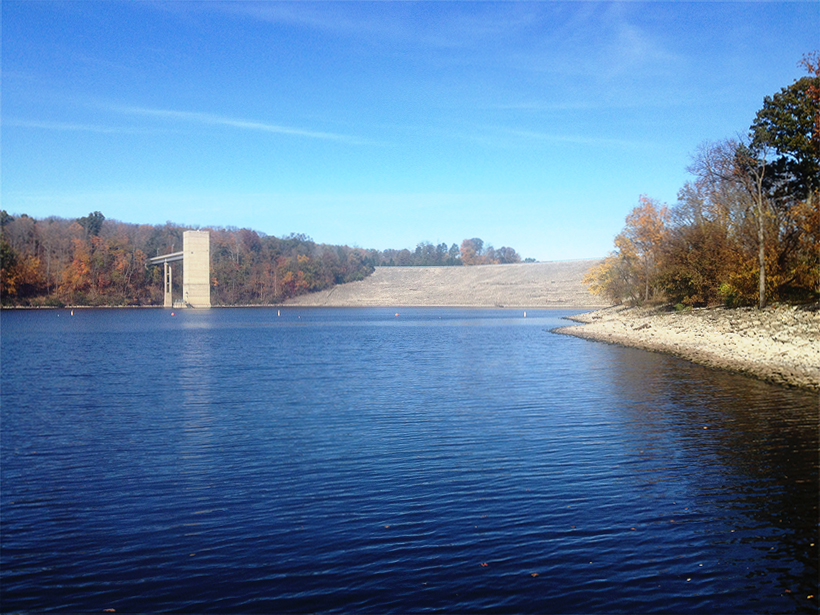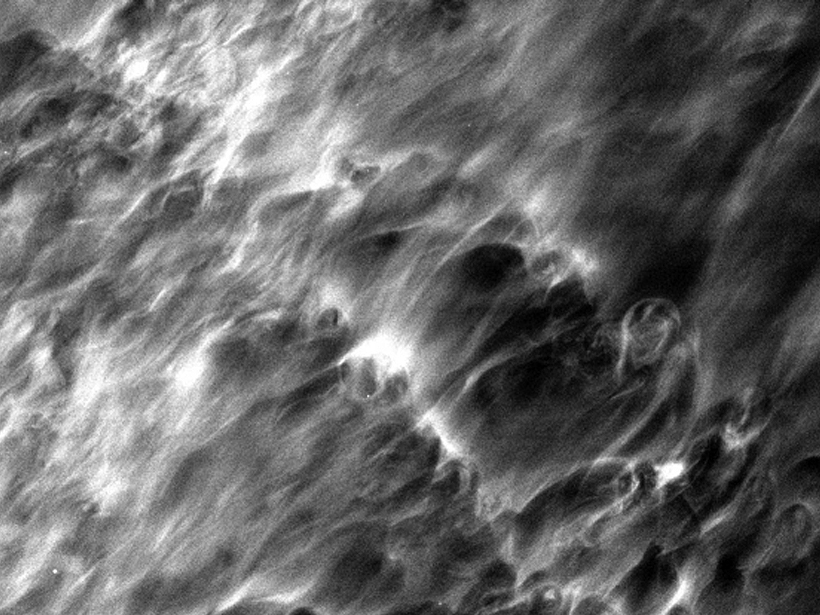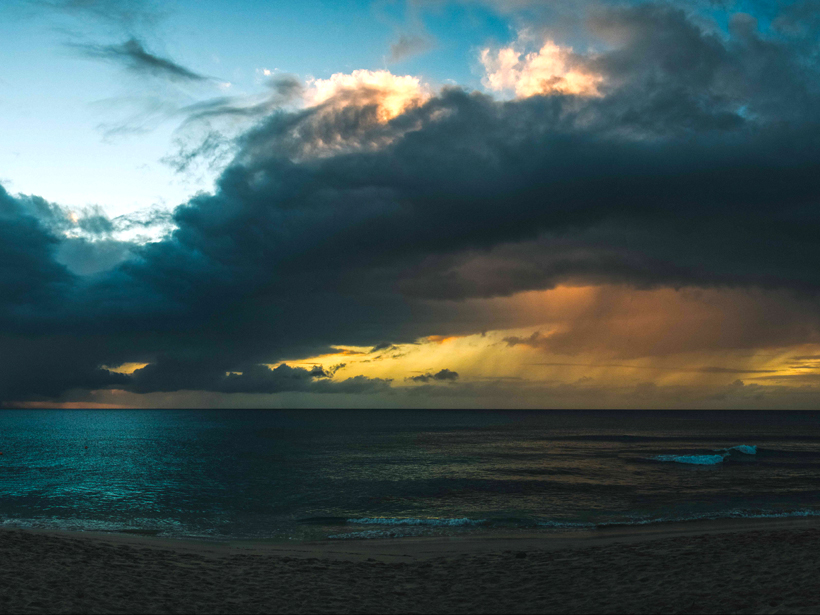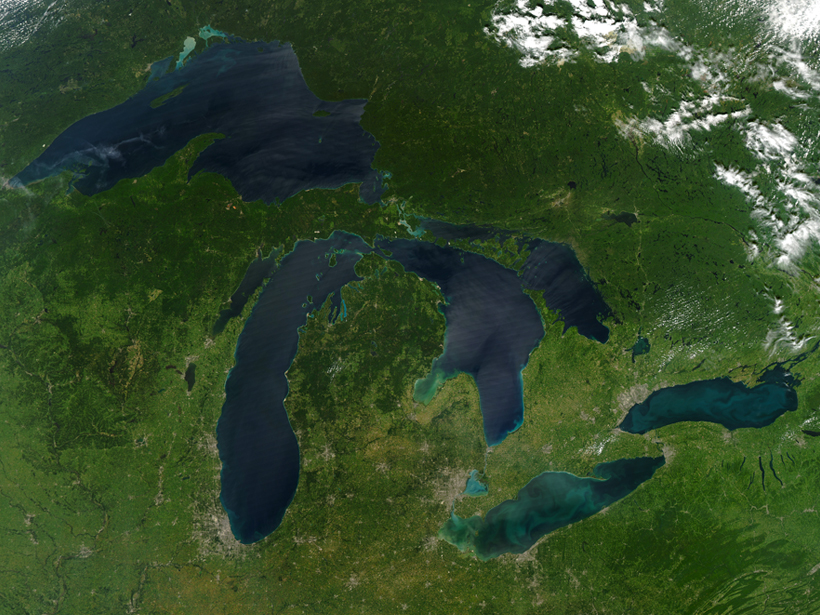A social science perspective on unpredictable flood risk systems may help us expect the unexpected and mitigate flood damage.
L. Strelich
Lily Strelich is a freelance writer and editor, covering Earth and space science research for Eos.org, Hakai Magazine, mental_floss, and others. She studied geology and German at Occidental College, assisted archaeology field work in Bulgaria, and now tackles science policy in Washington, D. C.
Drought Changes How Peat Bogs Cycle Mercury and Sulfur
Drought conditions dictate whether atmospherically deposited sulfate stays locked in a peatland or is mobilized to stimulate the bacterial methylation of mercury.
Reservoirs Act as a Source for Greenhouse Gases
Scientists examine nitrous oxide production in aquatic environments and the conditions that drive it.
Imagers Seek Big Bang Signatures, Also Find Gravity Wave Effects
Imagers aboard a scientific balloon in the stratosphere serendipitously captured images of thin ice clouds that reveal instability and turbulence flows in remarkable detail.
Hydraulic Fracturing Water Use Is Tied to Environmental Impact
New map identifies varying water usage in hydraulic drilling operations across the United States and what this means for potential environmental impacts.
Aerosol Cutbacks May Bring Tropical Rains Farther North
Lower anthropogenic aerosol emissions in the 21st century may lead to warming that drives the Intertropical Convergence Zone northward.
Subsurface Craters Expose the Moon's Dramatic Past
Scientists use the gravity signature of the lunar surface to trace the history of impact cratering and its role in the Moon's evolution.
Great Lakes Hold Sway over Water and Carbon Cycling
The largest body of fresh water on Earth governs the exchange of gases between water and the atmosphere that makes it a carbon sink for the entire region.
Water Resources Research at 50: Journal's Lasting Impact Expected to Grow
Editors discuss the importance, influence, and evolution of the American Geophysical Union's hydrological research journal, covering one of our planet's most complex and precious resources.
Ocean Lightning Storms Are Larger Than Land Lightning Storms
A new study uses data from the Tropical Rainfall Measuring Mission to demonstrate that electrified storms in the tropics are 10 times larger over the ocean than those over land.

